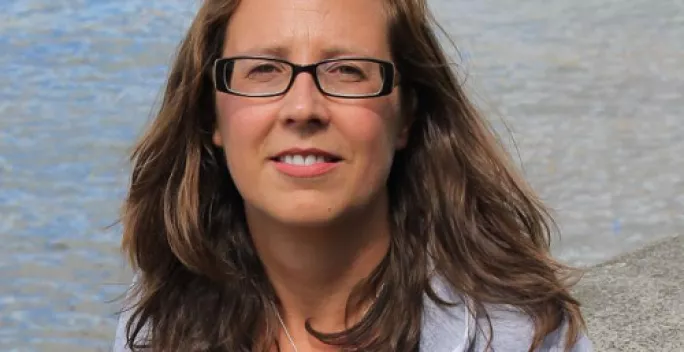‘Parents of autistic children shouldn’t have to choose second best’
Natalie Evans, director of free school charity New Schools Network, writes:
The debate around free schools tends to be dominated by a focus on mainstream schools so it is often overlooked that the programme has also led to the creation of 27 new special schools.
Once full, these schools will create more than 2,200 new places. When you consider that there are just over 1,000 special schools in England at the moment, these represent a significant addition to provision and the choices available to parents. In fact, together they amount to an increase of more than 2 per cent in SEN places available nationally and will be catering for a wide range of special educational needs.
As Autism Awareness Week shines a spotlight on the needs of pupils with Autism Spectrum Disorder (ASD), it is worth noting that 22 of these new schools will be open to or exclusively cater for autistic young people.
It’s unsurprising that ASD has been such a focus: according to the National Autistic Society (NAS), more than half of children with autism are not in the kind of school their parents believe would best support them.
The free school programme has given charities such as NAS and Ambitious about Autism, as well as existing schools and groups of parents, the chance to set up schools that meet the particular needs of the young people in their area.
The Rise School in Hounslow is one such example of a new school which was established by a group of parents with the support of two organisations that support people with autism, namely Dimensions and Ambitious about Autism. It offers an all-through education and will serve 100 children when full. It is co-located with a local mainstream school to allow its pupils to access some of their education in a mainstream school setting so that pupils are able to study a broad curriculum and can benefit from interaction with other young people, helping them to make the transition into adult life.
In Barking and Dagenham, Riverside Special School is due to open in September 2015. Proposed by the Partnership Schools Trust, the school will be for pupils with ASD, profound and multiple learning difficulties. For them, the challenge was simply a lack of places as executive headteacher Roger Leighton explained to me.
“There is a lack of special school places in our borough in London. This means pupils were having to travel long distances out of borough to attend specialist provision,” he said. “Not only can this be expensive, but pupils were having to leave their community and friends.”
Just this year the NAS opened Church Lawton School a special school in Stoke on Trent. The school will grow to offer 60 places to children aged 4-19 and operates a curriculum similar to that used in a mainstream environment, delivered through timetabling and teaching approaches which are specific to the needs of autistic pupils.
For those who care for young people with special educational needs it has long been apparent that settling for second best or even just the least worst option has been the reality for too many parents and students. Free schools are not just ensuring the creation of more dedicated places for SEN students but are also offering new choices that parents and teachers have had an active opportunity to shape.
Keep reading for just £1 per month
You've reached your limit of free articles this month. Subscribe for £1 per month for three months and get:
- Unlimited access to all Tes magazine content
- Exclusive subscriber-only stories
- Award-winning email newsletters




